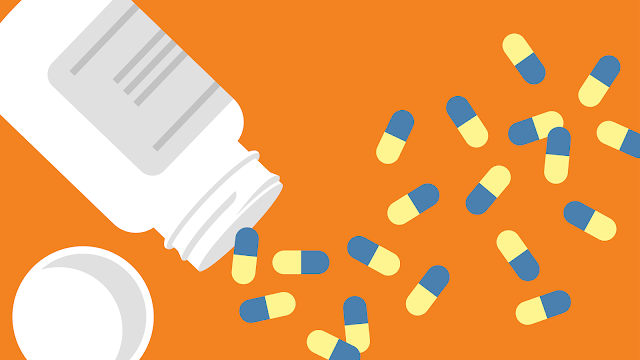Can Antibiotics Cause Constipation
It is not uncommon to find people asking, "can antibiotics cause constipation?" Even though several possible factors may cause constipation, it's usually not the case that antibiotics are the primary cause. In most cases, a patient would have to suffer from chronic diarrhea, the inability to release stool, along other symptoms long enough for a doctor to make a diagnosis. These symptoms can range anywhere from mild to severe and cause people to go about their daily lives in constant fear.
- Although many probable factors can contribute to effect of antibiotics in constipation, they are usually caused by something else.
- The first common cause is poor intestinal health.
- Sometimes, this is caused by a lack of beneficial bacteria within the gut flora.
- These bacteria are called friendly and necrotizing enteric bacteria, otherwise known as N.E.M.B.
- These
helpful bacteria are found within the large intestine and the colon as
well as in the small intestine, mouth, vagina, and tonsils.
- When people take antibiotics, it kills the harmful bacteria and leaves the good bacteria, referred to as Lactobacillus, unharmed.
- However, the harmful bacteria can become a problem if it is allowed to multiply and grow unchecked.
- When this happens, the result is diarrhea, a condition known as irritable bowel syndrome or IBS. Since IBS itself is a symptom of poor intestinal health, it makes sense to correct the problems causing IBS.
In addition to causing diarrhoea, antibiotics can also kill beneficial gut bacteria. These beneficial gut bacteria, also known as probiotics, actually help keep the gastrointestinal tract healthy. Many prescription and over-the-counter antibiotics only work in part, either by eliminating the harmful bacteria or decreasing the number of good bacteria that can live in the system. While these medications are usually effective, it can be challenging to rely on them long-term due to the possibility of the drugs becoming ineffective against future illness.
In addition to the fact that antibiotics may cause constipation, they can also have severe side effects. It can severely damage the gastrointestinal tract if an antibiotic is used for a long time. Some side effects include vomiting, diarrhea, loss of appetite, dizziness, nausea, and fever. The stomach can contract due to an over-production of digestive acids, making it difficult to digest foods. The damage to the intestinal walls can also lead to ulcers, abscesses, and other severe medical conditions. In addition, long-term use of antibiotics may weaken the immune system, leaving the person more susceptible to other diseases.
- If you are wondering whether antibiotics can cause constipation, the best way to find out is to ask your doctor.
- Although it is possible for you to treat symptoms of diarrhoea and other conditions, it is not advisable to use short-term medications to maintain healthy gut health.
- Your doctor will likely want you to try a short-term laxative in order to restore your digestive system to normal before introducing antibiotics.
- In most cases, this is a safe way to go about treating constipation as long as the doctor has not introduced any other medications into the digestive system.
Although antibiotics can affect the proper balance of beneficial and harmful bacteria in the system, they can also work positively by helping to introduce the necessary amounts of good bacteria into the system. One of the best ways to introduce these beneficial bacteria into the system is by taking probiotics. Probiotics are designed to help restore the levels of beneficial bacteria in the digestive tract.
Several studies show that taking probiotics can help reduce the risk of developing various gastrointestinal diseases, including IBS, irritable bowel syndrome, and many other digestive conditions. In addition, probiotics can help improve the health of the entire digestive system and help prevent or ward off several other health problems, such as irritable bowel, antibiotic resistance, and even allergic reactions to food.
So can antibiotics cause constipation? The answer is a resounding no! While taking probiotic supplements may initially cause discomfort due to the additional digestive issues they prevent, taking them as directed can help ease many digestive issues. Even if you suffer from occasional constipation or have had problems with constipation in the past, taking a high-quality probiotic can help to alleviate your discomfort and make your life more comfortable. Just make sure that you are selecting the most effective probiotic for your particular situation and that you follow all directions carefully.




Comments
Post a Comment